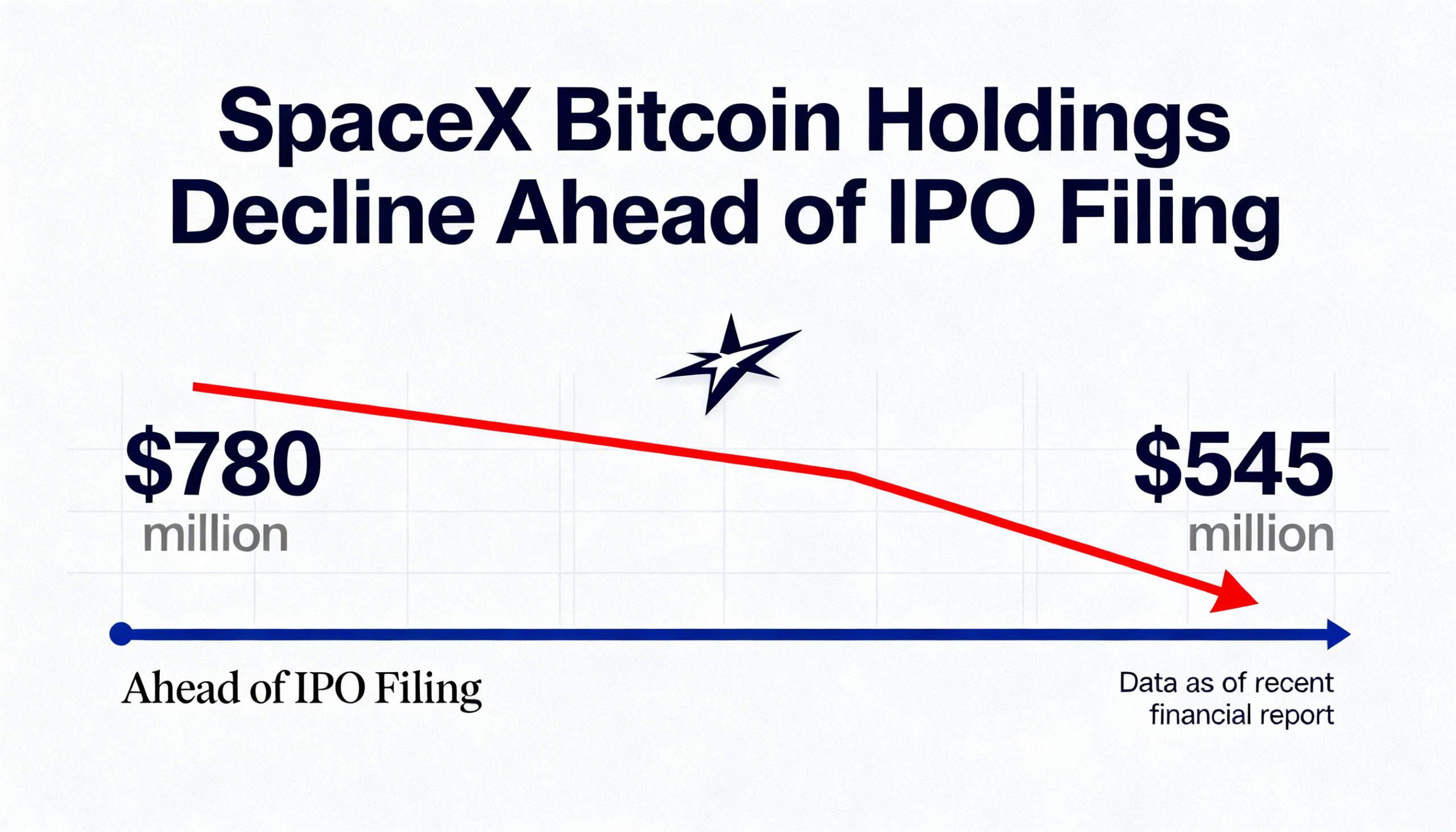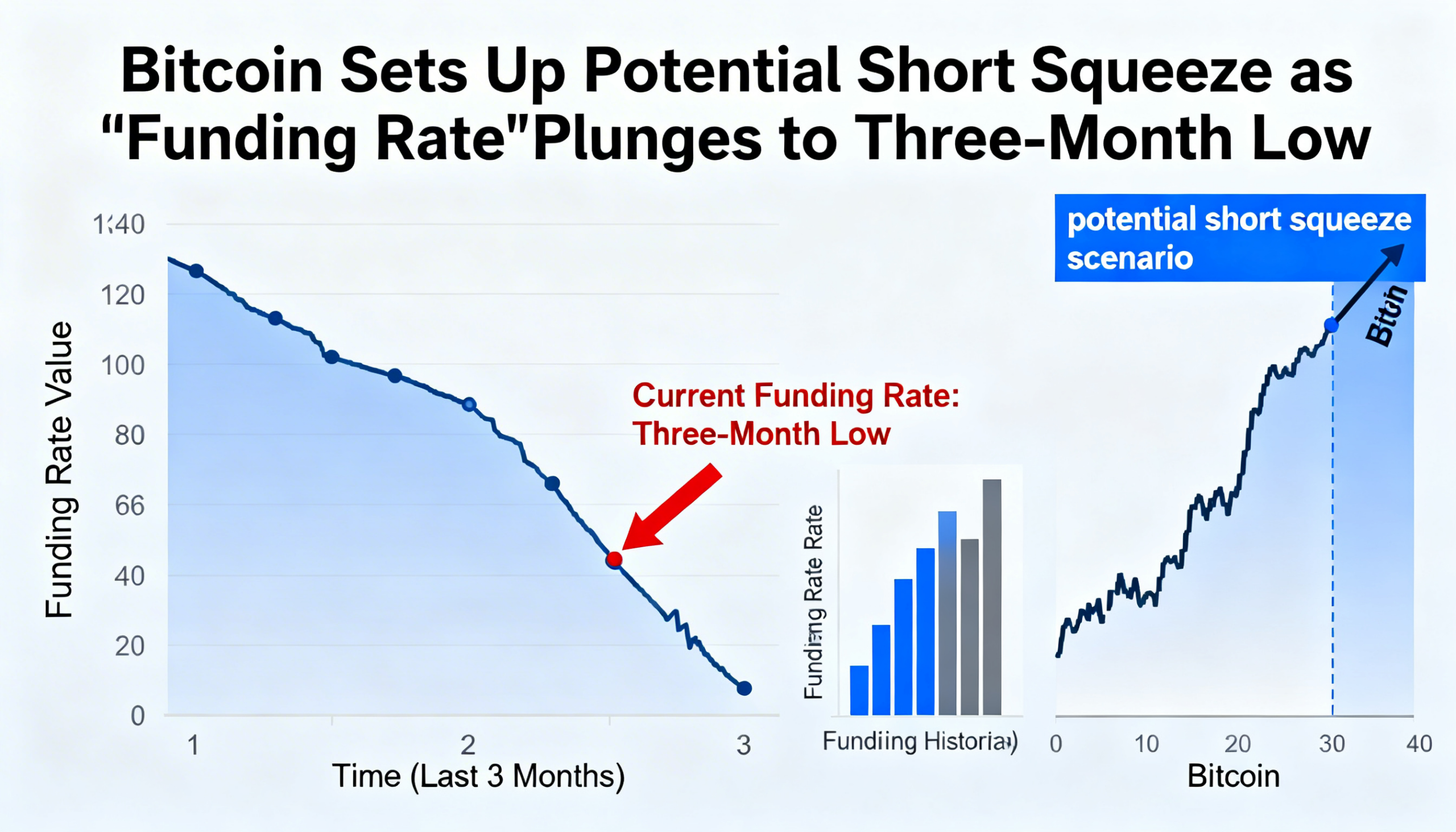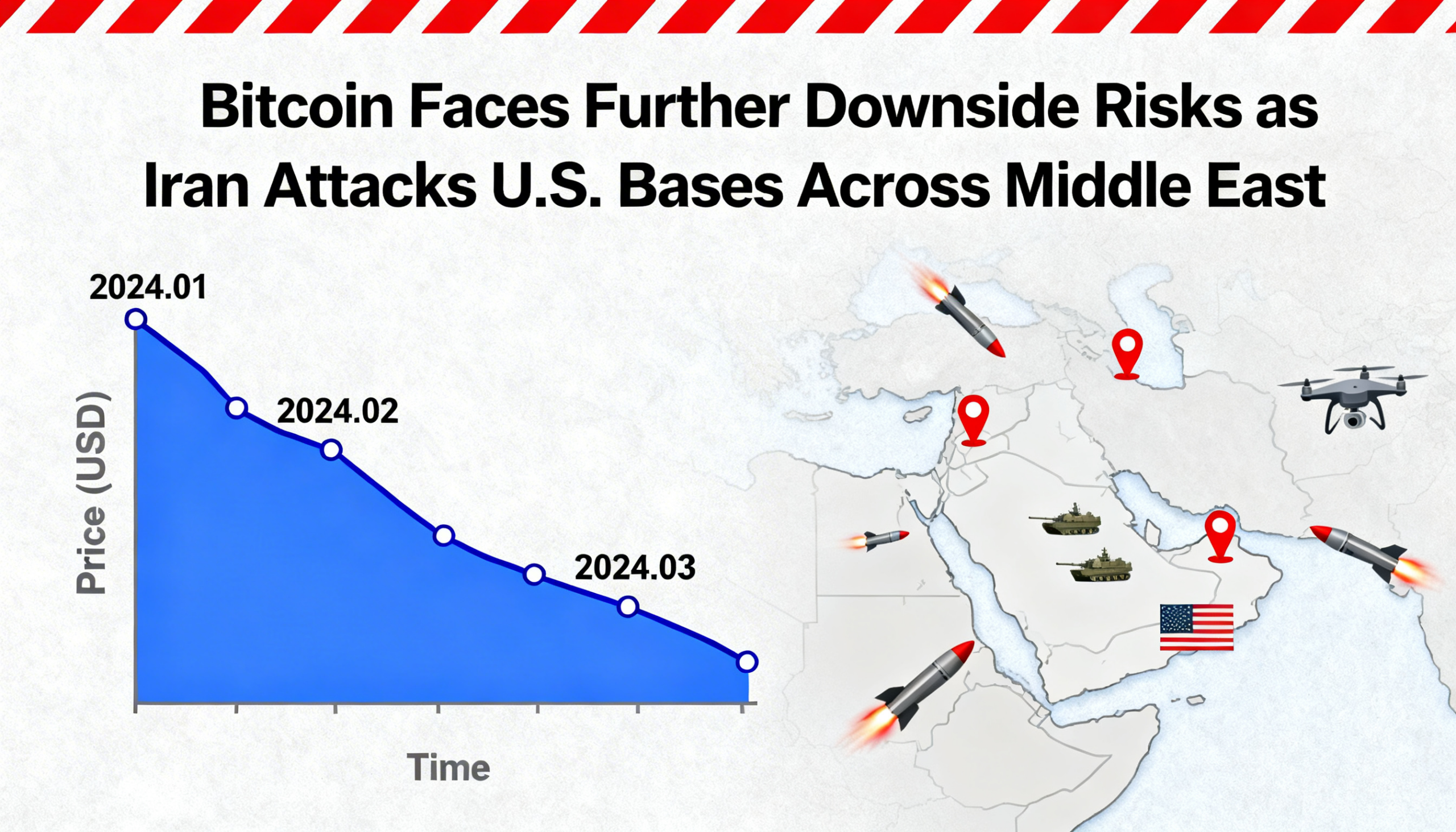
Saylor’s Strategy Becomes First Bitcoin Treasury Firm Rated by S&P Global
S&P Global has assigned a B- credit rating to Michael Saylor’s Strategy (MSTR), marking the first time a major credit agency has rated a bitcoin-focused treasury company.
The rating, while historic, places Strategy firmly in non-investment-grade territory — also known as “junk” status. S&P cited the company’s heavy reliance on bitcoin and limited operating income as key risks behind the speculative rating.
According to S&P’s scale, a “B” rating reflects speculative credit quality with elevated default risk. A B- indicates slightly higher risk, sitting just above the lowest “CCC” tier.
Once a traditional enterprise software firm, Strategy has evolved into a de facto bitcoin holding company, using nearly all of its available cash to accumulate more BTC. Much of its growth has been financed through convertible debt, preferred stock, and equity issuance.
Saylor highlighted the milestone on Monday, noting that Strategy’s rating represents a major step toward institutional recognition for digital asset treasuries. “We’ve become the first bitcoin treasury to receive a formal credit rating from a major agency,” he said. David Bailey, CEO of KindlyMD (NAKA), echoed that sentiment, predicting that “the market demand for rated bitcoin treasuries is about to explode.”
S&P’s Rationale
As of mid-2025, Strategy held roughly $70 billion worth of bitcoin against approximately $15 billion in convertible debt and preferred equity. Despite that asset-heavy balance sheet, S&P warned that Strategy has limited liquidity, negligible operating income, and negative operating cash flow — reporting a $37 million cash outflow in the first half of 2025.
S&P also pointed to a “currency mismatch”: while nearly all of Strategy’s assets are denominated in bitcoin, its debts and dividend obligations are in U.S. dollars. In a prolonged downturn, this could force the company to sell bitcoin at unfavorable prices to meet its obligations.
Another constraint on the rating is the firm’s negative total adjusted capital — an accounting result of S&P excluding bitcoin from equity calculations due to its volatility and uncorrelated market behavior.
Preferred dividends also represent a looming challenge. Strategy owes roughly $640 million annually across multiple preferred stock classes. Although it can defer payments, doing so would trigger governance penalties such as granting preferred shareholders board representation. Strategy has stated it intends to fund these dividends through new equity issuance, not bitcoin sales.
Stable Outlook Despite Risks
Despite the speculative grade, S&P assigned a stable outlook, citing Strategy’s track record of managing maturities and maintaining market access. The company’s next significant debt maturity is in 2028, giving it several years of runway — assuming bitcoin prices remain supportive.
S&P warned it could downgrade Strategy if capital market access tightens or repayment risk rises, while an upgrade would require improved dollar liquidity and reduced dependence on convertible financing.
Ultimately, the agency concluded that Strategy’s financial health remains inextricably linked to bitcoin’s price performance — a relationship that underpins both its opportunity and its risk.
MSTR shares rose nearly 3% Monday, mirroring bitcoin’s weekend rally to around $115,500.























